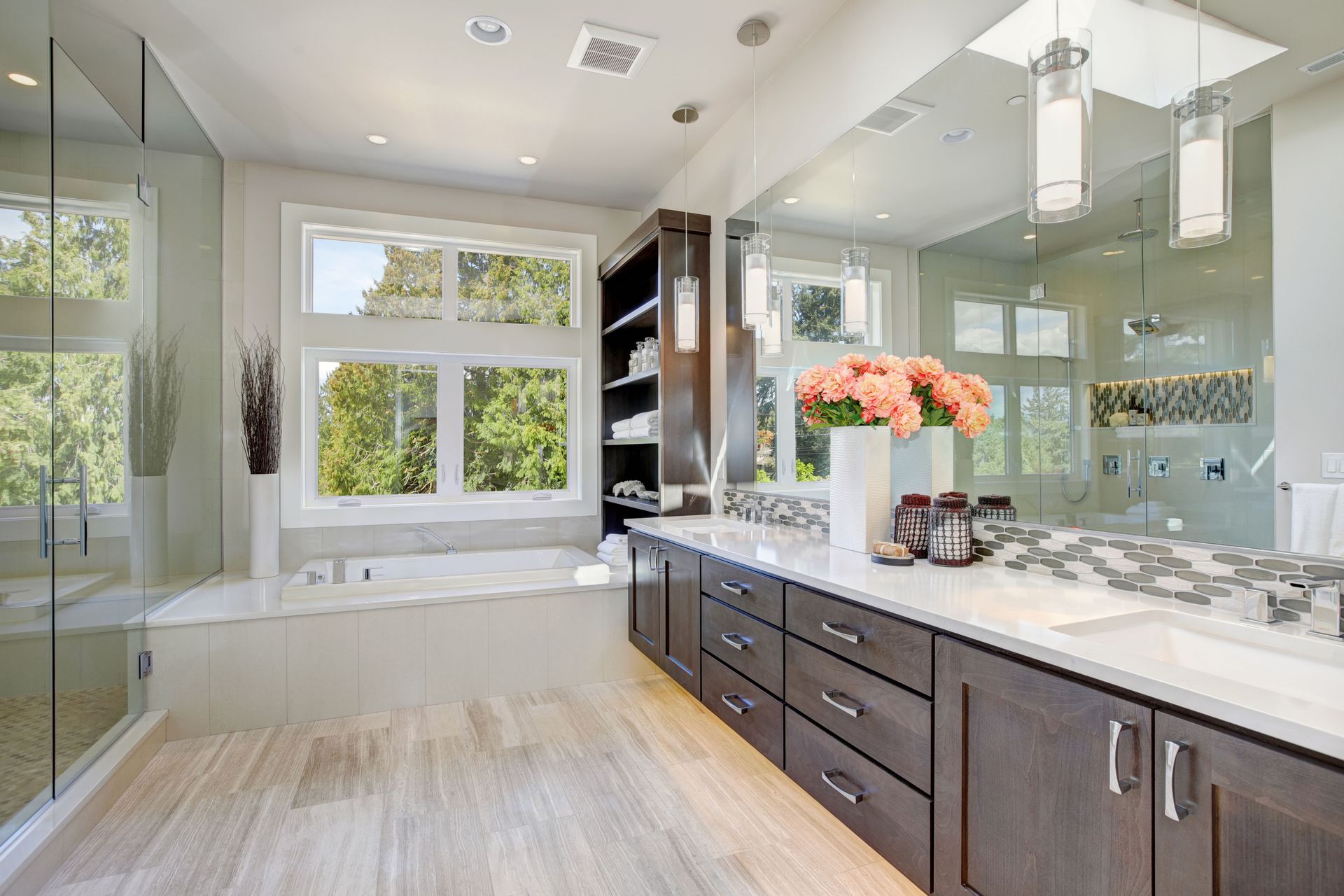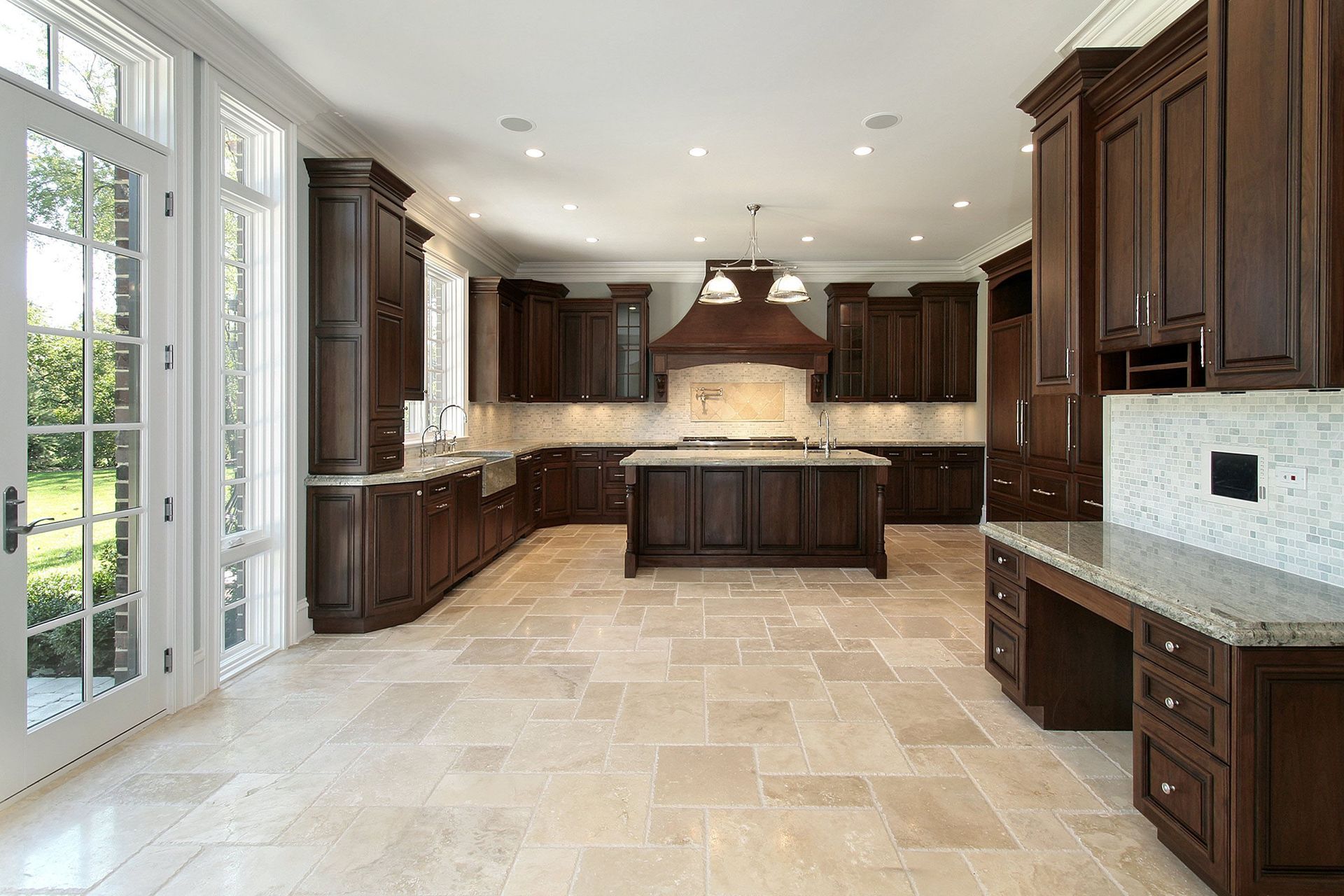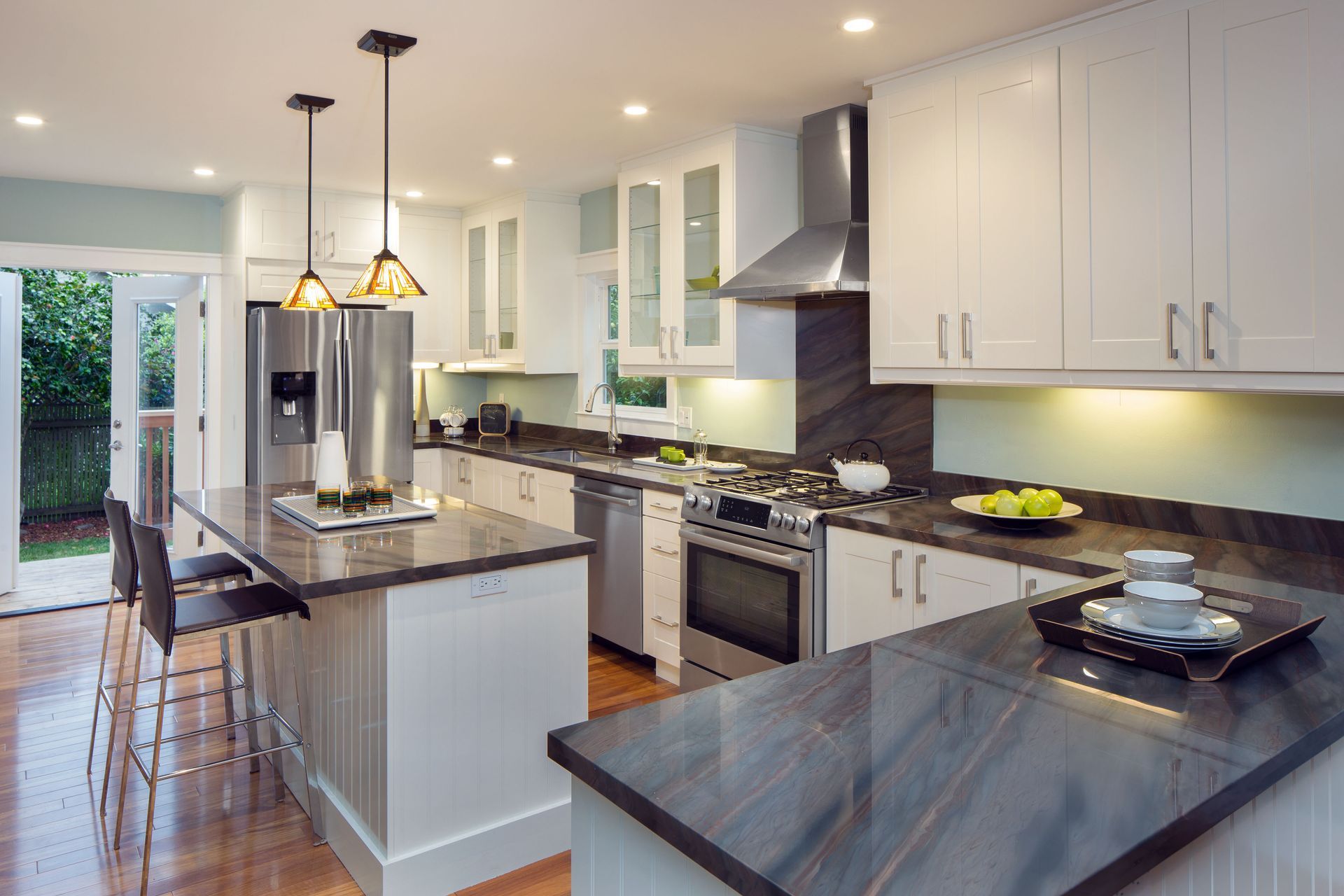What to Expect When Working With a Remodeling Contractor
Embarking on a home remodeling project can be both exciting and overwhelming. Whether you're refreshing a dated kitchen, expanding a bathroom, or adding a brand-new living space, the process requires careful planning and collaboration. At the center of it all is your remodeling contractor, the professional who helps bring your vision to life. Choosing the right remodeling contractor and knowing what to expect along the way will make the difference between a smooth, rewarding experience and one filled with stress and miscommunication.
With the right approach, working with a remodeling contractor can transform your ideas into reality while keeping your budget, timeline, and goals in balance. This guide breaks down each stage of the process, from selecting a contractor to project execution, so you'll know how to navigate your remodel with confidence.
According to the Home Improvement Research Institute, nearly 80% of homeowners take on multiple remodeling projects every year. With so many projects underway, the demand for reliable contractors is high. Understanding how the process works not only helps you choose the right professional but also ensures you get the best return on your investment.
Choosing the Right Remodeling Contractor
Research and Recommendations
The search for a remodeling contractor begins with research. Start by asking friends, family, or neighbors for referrals; personal experiences often provide the clearest picture of what to expect. Online reviews and local directories can also help you identify reputable contractors in your area.
As you compile a list, look beyond star ratings. Pay attention to how past clients describe communication, timeliness, and problem-solving. A remodeling contractor who consistently earns praise for professionalism is more likely to meet your expectations.
Credentials and Qualifications
Before signing anything, verify that your contractor has the proper licenses, insurance, and certifications required by your state or municipality. These credentials protect you from liability and demonstrate the contractor's commitment to professional standards. Don't hesitate to ask about continuing education or training programs they've completed. A contractor who keeps up with industry trends and technologies can offer creative solutions and modern techniques for your project. Request to see a portfolio of past work, especially projects similar in size and style to yours.
Communication and Compatibility
Remodeling projects can last weeks or months, making communication one of the most important factors in choosing a contractor. Schedule initial meetings to gauge how well the contractor listens to your ideas and explains their process. Keeping a steady line of clear communication is critical to the success of your remodeling project.
Compatibility also matters. Some homeowners prefer a contractor who takes charge, while others want someone who collaborates closely at every step. Make sure their style aligns with your expectations. Setting up regular check-ins, whether weekly meetings or progress emails, helps keep both parties on the same page.
Budget Alignment
Money is often the most sensitive topic in any remodel. Discuss your budget openly and ask for a detailed estimate. A good remodeling contractor will provide a clear breakdown of labor, materials, and potential extras. They should also explain how unexpected costs, like hidden plumbing issues or structural surprises, will be handled. Establishing a written payment schedule protects both you and your contractor. Make sure the contract specifies milestones for payments, rather than paying large sums upfront.
Contracts and Agreements
A solid contract is the foundation of your project. It should outline the scope of work, materials, timelines, payment terms, warranties, and procedures for handling changes. Review every detail carefully and don't hesitate to ask questions. If necessary, have a lawyer review the document to ensure your rights are protected. Contracts should also address dispute resolution and change orders. Knowing how adjustments will be handled prevents confusion later. Remember, a clear agreement benefits both parties and helps maintain a positive working relationship.
Initial Consultation and Planning
Discussing Vision and Goals
The first consultation is your opportunity to share your vision. Be prepared with notes, inspiration photos, or even sketches that communicate your style and functional needs. The clearer you are about your goals, the easier it will be for the contractor to provide accurate recommendations.
At the same time, be open to professional input. Remodeling contractors often spot challenges or opportunities you may not have considered. Their expertise can help you refine your ideas and make practical adjustments that enhance the final result.
Site Assessment
A site visit allows your contractor to evaluate existing conditions and identify potential challenges. For example, older homes may have outdated wiring, uneven flooring, or plumbing that requires upgrades. Catching these issues early avoids costly surprises later. During the assessment, ask your contractor about zoning requirements, permits, or code compliance. Addressing these matters upfront ensures your project moves forward without unnecessary delays.
Timeline Expectations
Discussing the timeline is just as important as discussing costs. Ask your contractor to provide an estimated start date, projected completion date, and milestones for each phase. While it's important to set expectations, keep in mind that weather, supply delays, or unexpected structural issues can shift schedules. Flexibility is key; what matters most is consistent communication about changes so you always know where the project stands.
Budget Discussions
Budget planning doesn't end after the estimate. Continue the conversation throughout the planning stage to refine details and explore alternatives. For example, choosing different materials or adjusting design elements may help keep costs in line. Ask your remodeling contractor about value-engineering solutions - ways to achieve your goals at a lower cost without sacrificing quality. This collaborative approach ensures financial alignment from start to finish.
Design Considerations
Design decisions bring your remodel to life. Work with your contractor to select finishes, colors, and layouts that balance function and style. Many remodeling contractors partner with designers or architects who can provide professional input.
Keep practicality in mind. For instance, while marble countertops may look stunning, quartz might be a better choice if durability and maintenance are priorities. Clear design decisions early prevent delays once construction begins.
Project Kickoff and Execution
Kickoff Meeting
The kickoff meeting sets the tone for the project. Use this time to revisit goals, finalize logistics, and establish communication methods. Everyone involved, including the remodeling contractor and sometimes designers, should leave the meeting with a clear understanding of their roles.
Project Schedule and Milestones
A detailed schedule keeps the project on track. Review it with your contractor and confirm key milestones, such as demolition completion, rough-in inspections, or finish installations. Regularly checking progress against these benchmarks helps ensure accountability.
Managing Unexpected Issues
Even the best-planned projects encounter surprises. A pipe may leak during demolition, or material deliveries may be delayed. What matters is how these issues are handled. A professional contractor will notify you immediately, propose solutions, and explain potential impacts on the timeline or budget. Having contingency funds set aside, typically 10% to 20% of the total budget, in our experience, provides a safety net for these unexpected situations.
Client Site Visits
Schedule regular site visits to see progress firsthand. These visits give you the chance to ask questions, verify quality, and confirm that the project aligns with your expectations. They also encourage accountability among the crew.
Progress Updates
Beyond site visits, maintain consistent updates through phone calls, emails, or project management software. Clear communication ensures you stay informed and confident about your remodel.
Working with a remodeling contractor doesn't have to feel intimidating. By carefully selecting the right professional, setting clear expectations, and maintaining open communication, you can transform your home with confidence. A strong contractor-client relationship built on trust, transparency, and collaboration will help your project stay on track and deliver results you'll enjoy for years to come. If you're ready to start working with a remodeling contractor you can rely on, consider PNJA Home Improvement and General Contractors. Contact our team today to learn more!





Share On: